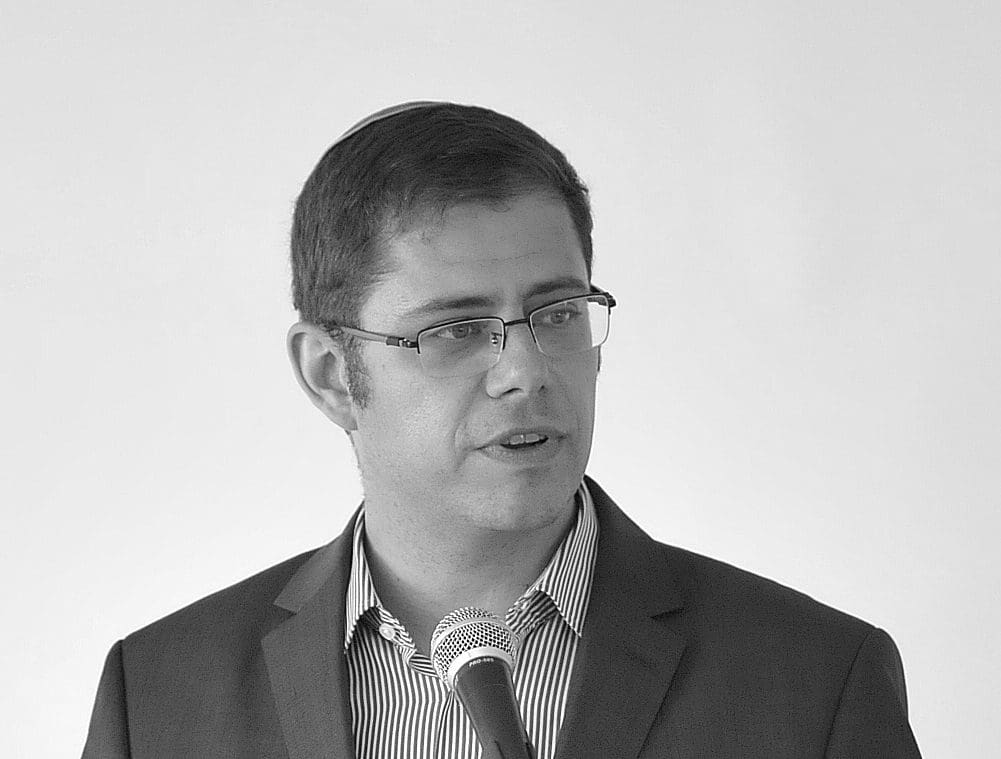
Progressivism Is Like a Secular Religion – Interview with Eugene Kontorovich
‘National identity is not something that’s threatening, it’s something that should be celebrated.’

‘National identity is not something that’s threatening, it’s something that should be celebrated.’

Some experts warned European countries more than a decade ago that their energy supply was based on ‘thin ice’ which could make the European Union vulnerable in a situation of geopolitical tension. But the EU has still not woken up from her “sleeping beauty” dream, and this mistake could be a serious blow to green hopes.
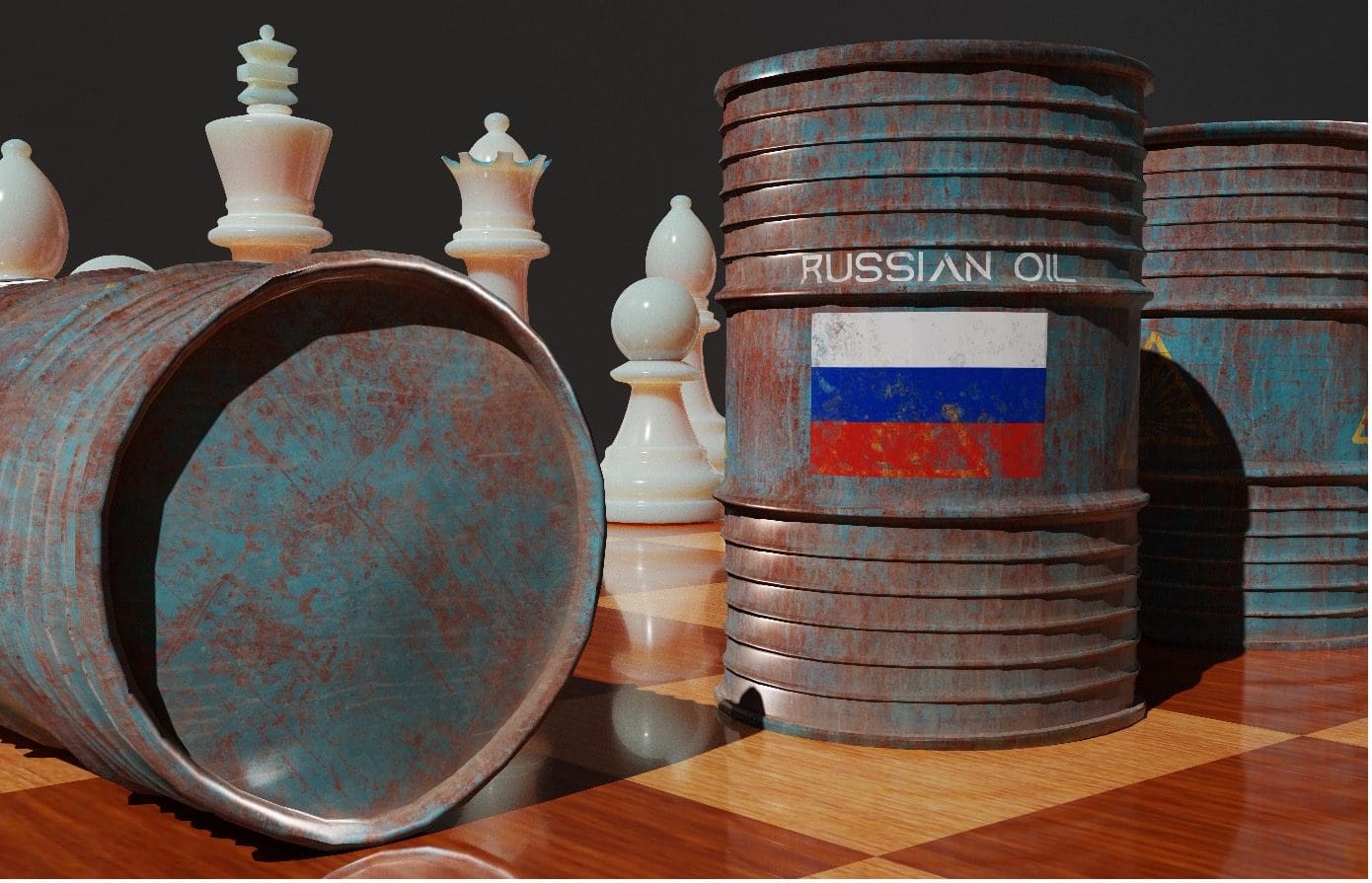
While Brussels hopes that breaking free from Russian energy will encourage a green turn in Europe, the chances of a green transition in Central Europe are in fact very low.
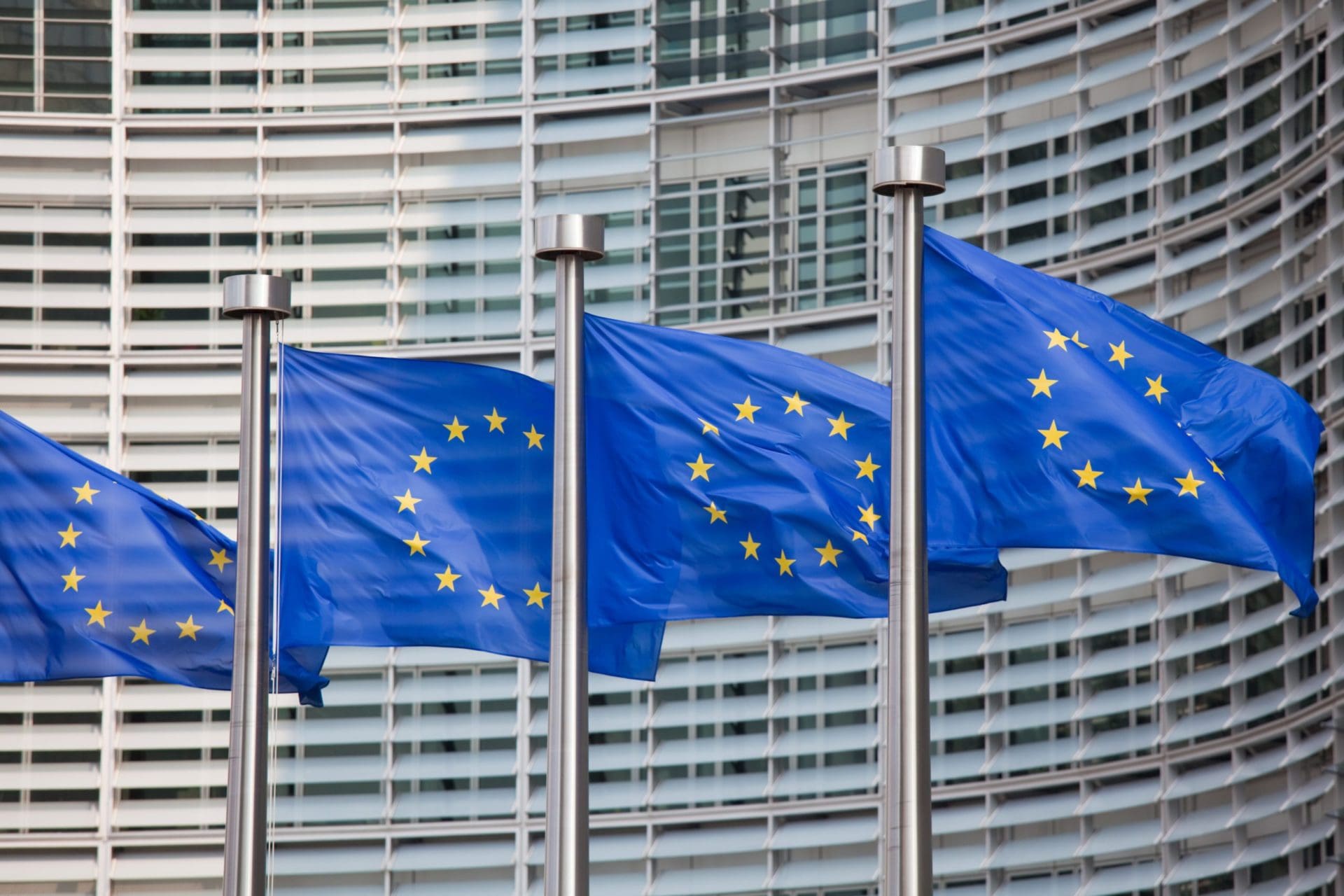
‘I have been able to see a distinct feature in Europe: a complete lack of solidarity among Europeans. Part of this dichotomy stems from a lack of Christian leadership.’
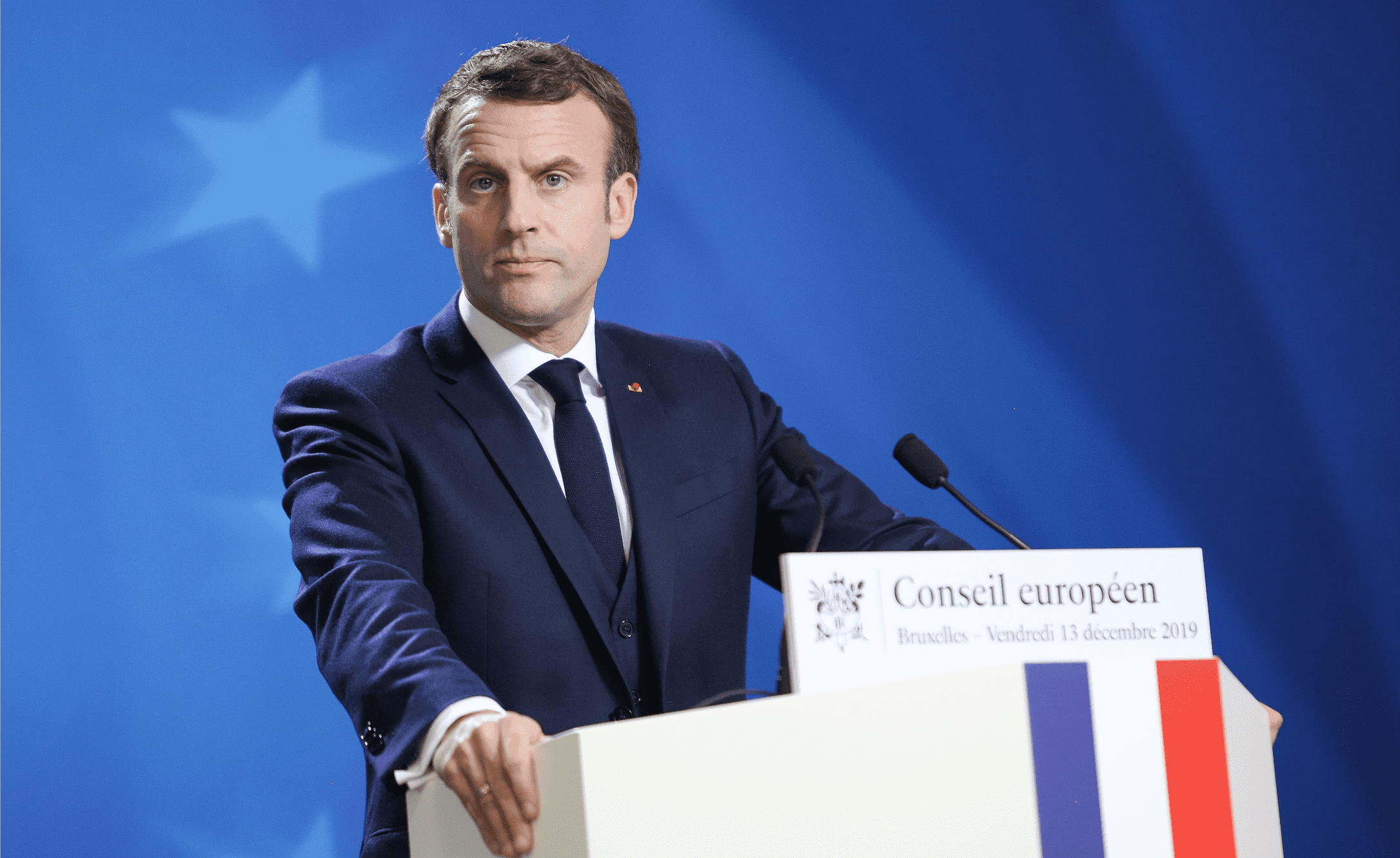
This article aims at analysing the French programme for this semester ahead and at finding out which objectives outlined in the programme are in accordance with the Hungarian interests.
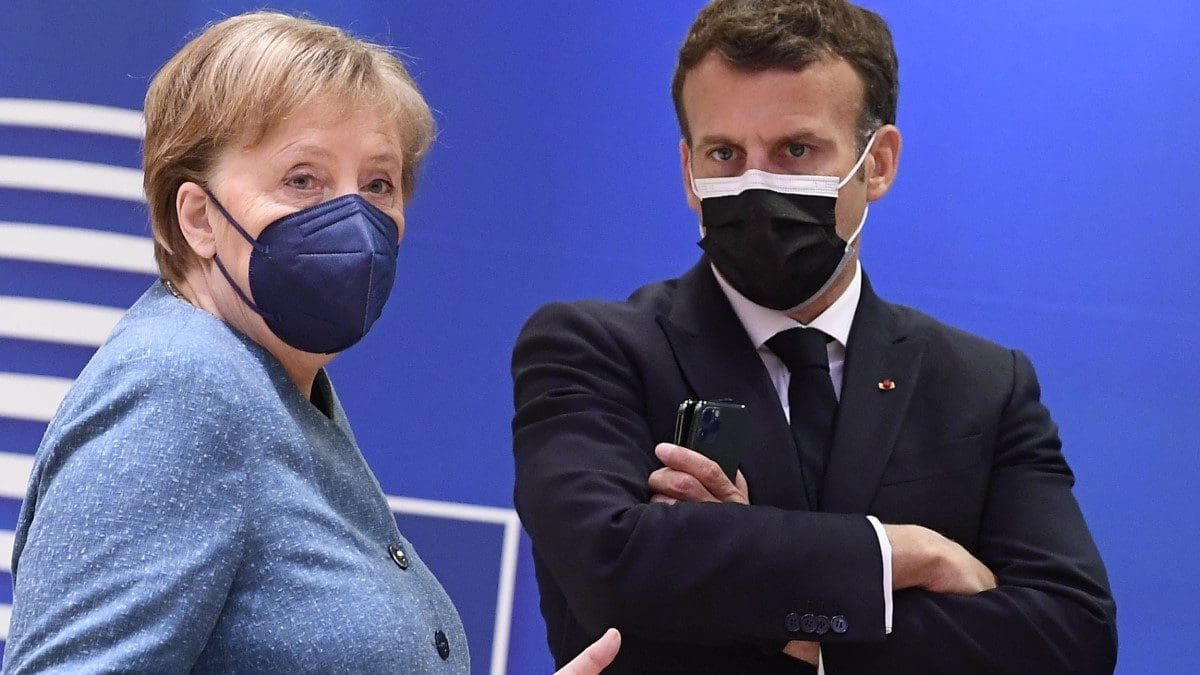
What did this enhanced French-German cooperation mean for the Visegrád countries, and what might the future hold for the two coalitions in the European Union?
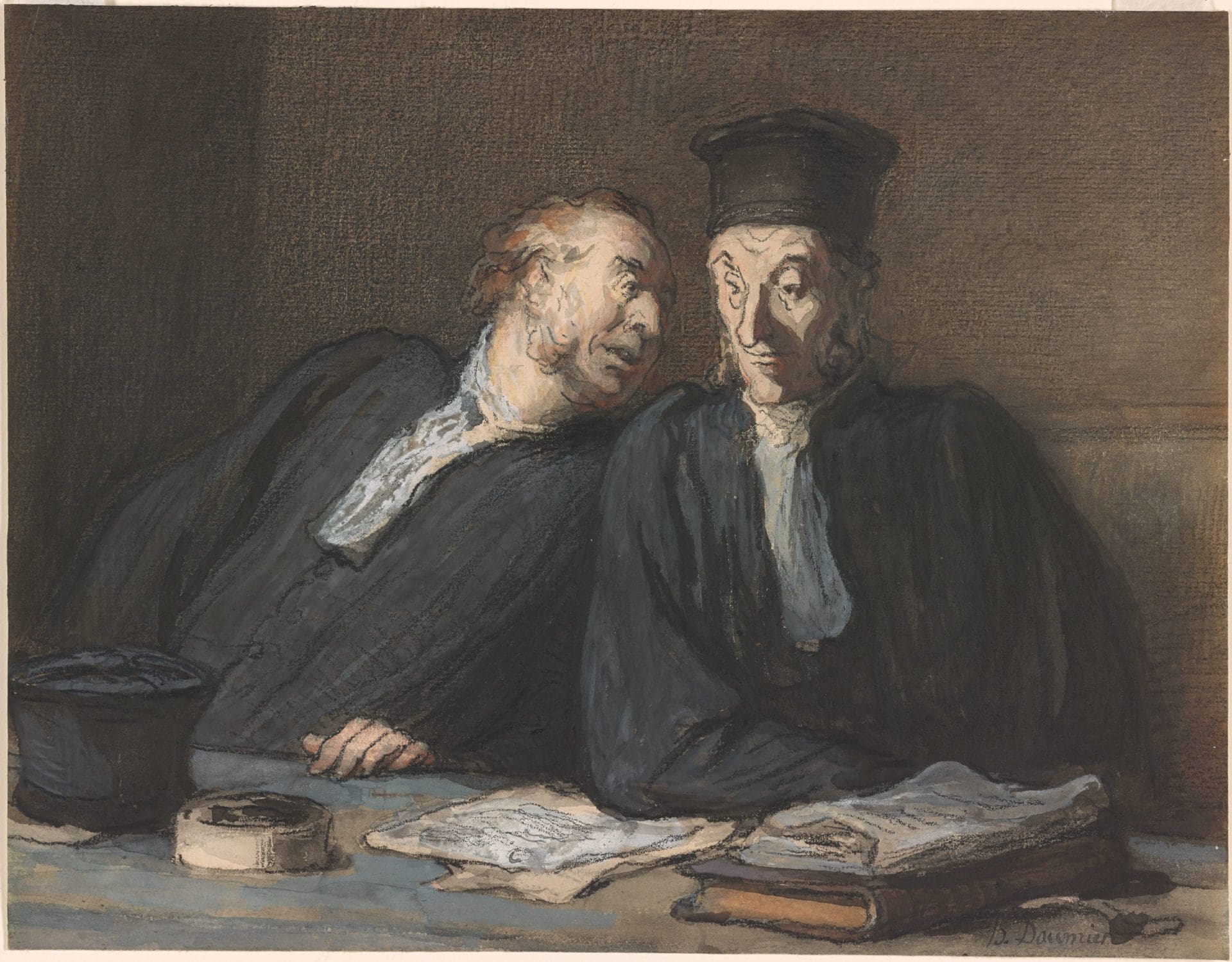
The juristocratic turn in Europe is a particular challenge to conservative parties, a part of the political spectrum traditionally attached to the authority of politics, and the customs and cultural heritage of society.

Today’s sometimes toxically bipolar political atmosphere wants you to believe that conservatism – and the right in general – doesn’t care about environmental protection. It is simply not true.
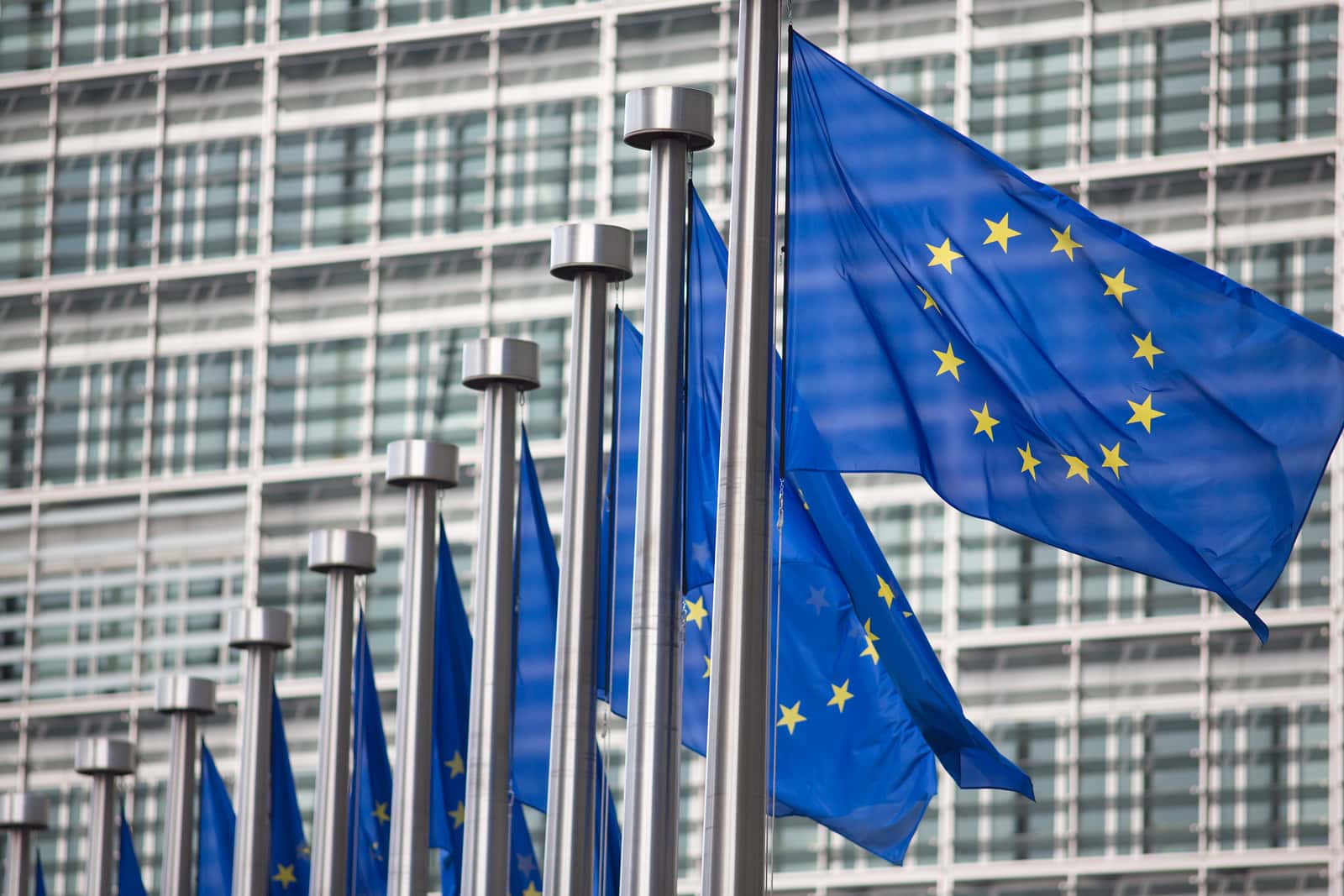
The societal offensive undertaken by the European Commission must be contextualized within a more subtle mutation, implicit in the recent history of the Old Continent.
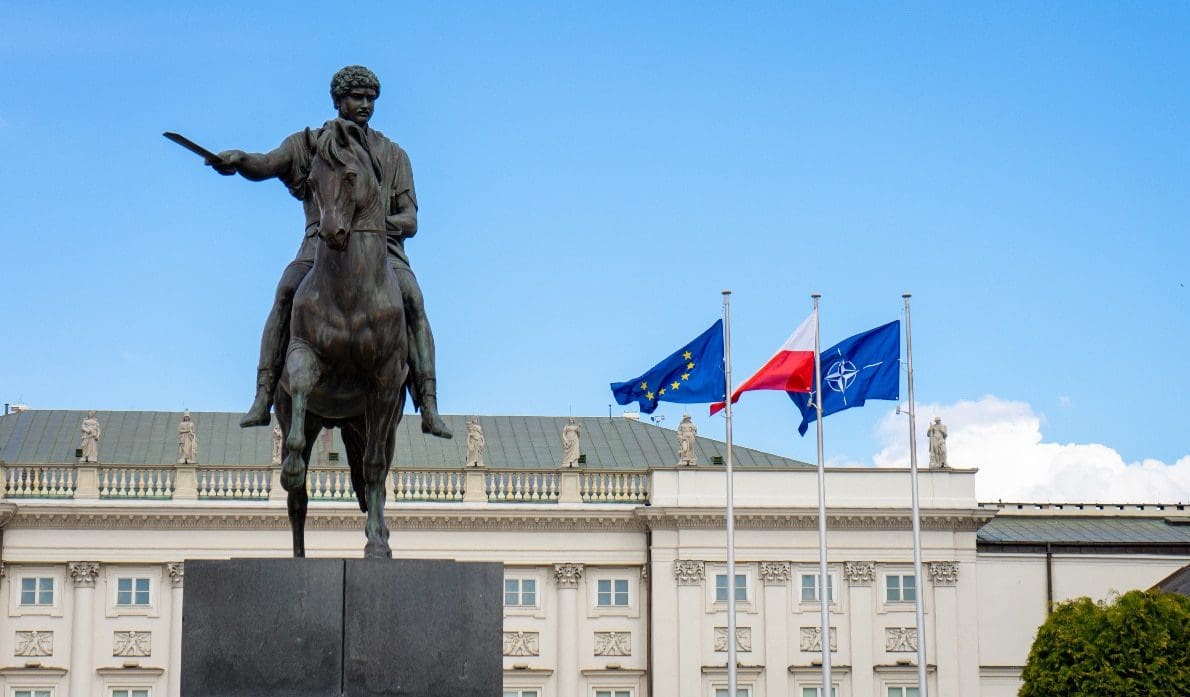
The former Soviet satellite states which mainly joined the EU in 2004 are the main bulwarks against the revival of ideologies with their roots in communist thinking.